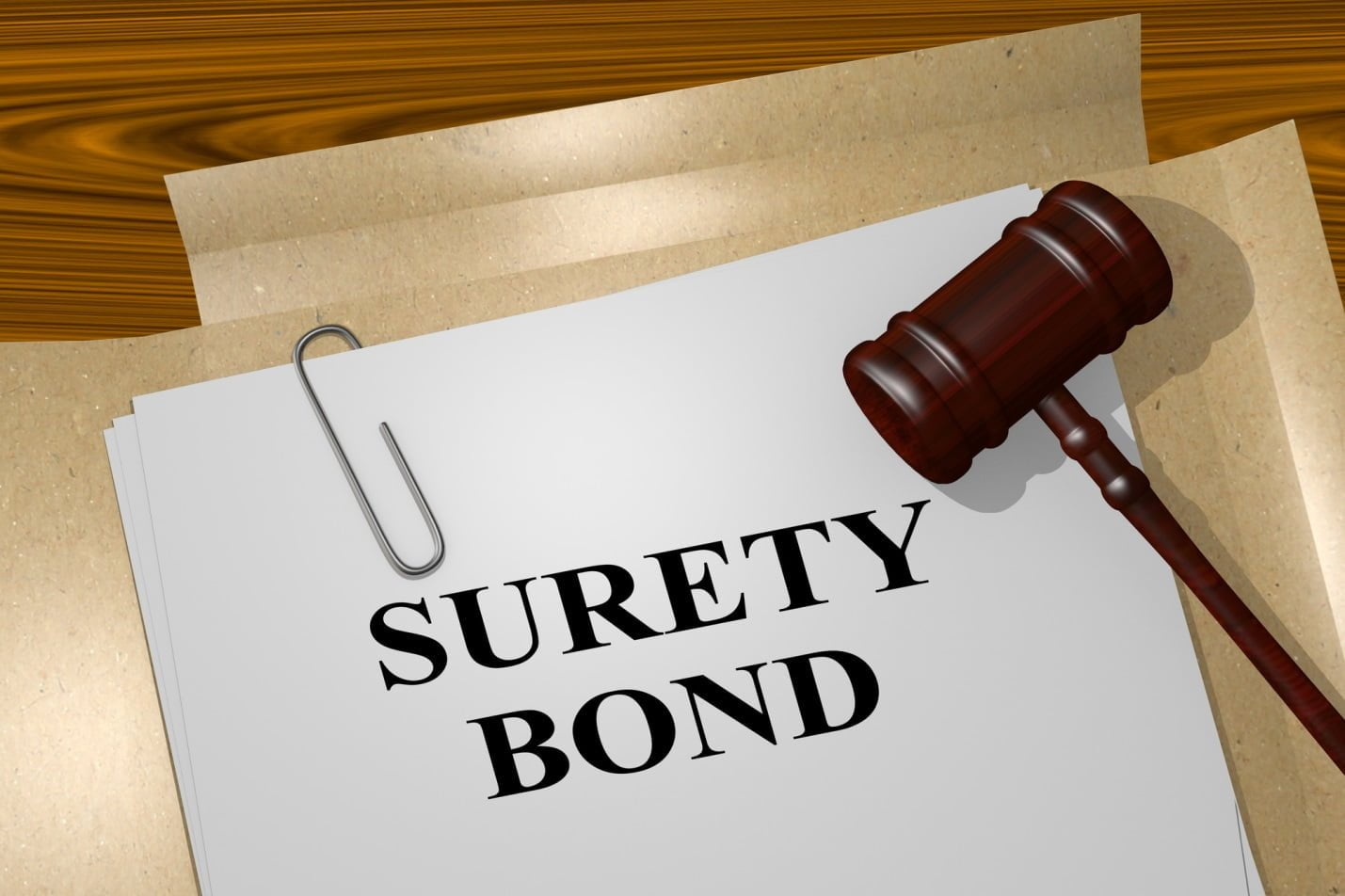How Much Does a Surety Bond Cost?
by Abdul Aziz Mondal Business Planning Published on: 28 April 2018 Last Updated on: 30 January 2026

Did you know that contractors are usually required to provide a surety bond to a project owner before working on the project?
A construction contractor is just one of the hundreds of professions that require surety bonds.
If you want to work in those industries, you’ll have to get a surety bond. If you are here it means that your profession requires this type of bond. And, you want to know how much this bond will cost.
This might be a bit complex if you don’t have the right information. But, don’t worry. We have you covered.
Ready to learn how much a surety bond cost?
Surety Bond Basics :
Before we get into how much surety bonds can cost you, we’ve to start with the basics. What is a surety bond? How does it work?
A bail bond is formally known as surety bond is an agreement between a principal, an obligee, and a surety. The principal would be you, the person who needs the bond. The obligee would be the owner of the project you are going to begin working on.
The surety is the company that issues the bond. If you are a construction contractor, the owner of the project or property where you are doing the project would be the obligee. You would be the principal, and the surety would be the surety bond company that issued you the bond.
Why are surety bonds required? Owners want to make sure that you will complete the project on time and in a cost-effective way.
A surety bond is a promise that you will perform in this manner. If you default on the project, the bond protects the owner of the project from financial losses and damages.
If you want to learn more about how surety bonds work, we recommend you speak with a surety bond specialist.
Surety Bond Cost: Where to Start?
There isn’t a set formula for surety bond cost. It will all come down to what type of surety bond you’re getting, the amount of the bond, and the risk level of the principal.
The surety bond required will depend on your profession and the state requirements. There are 2 categories of surety bonds:
Contract Surety Bonds :
If you are a contractor, this will be the type of surety bond the project owner will request. If you default on the project, the surety company will have to find another contractor to complete the project or compensate the owner for the financial losses.
There are 4 types of contract surety bonds:
Bid Bonds :
A bid bond is provided to protect the owner financially when a bidder is awarded the contract and, doesn’t provide the payment and performance bonds or sign the contract.
Performance Bonds :
This bond provides assurance to the owner that if the contractor defaults the surety company will cause to or complete the project.
Payment Bonds
A payment bond guarantee that certain suppliers and subcontractors will be paid for material and labor on the construction project.
Maintenance Bonds :
These bonds are also known as warranty bonds. This type of bond assures the owner that any defects in workmanship or materials found in the construction project will be repaired during the warranty period.
You might be asking yourself, when should you get a construction surety bond? It will depend on the construction contract you’re working on. Federal, state, and local governments have similar requirements.
Private companies or owners may also require this type of bond. You could use the federal requirement as your guide. If the federal construction contract is valued at $150,000 or more, surety bonds are required as a condition of the contract award or when a contractor bids.
Commercial Surety Bonds :
If you aren’t a contractor, this type of bond will sound more familiar to you. These are required of businesses and individuals by companies, federal, state, and local governments.
Many statutes, regulations, and ordinances require businesses and professionals to get commercial surety bonds.
These bonds are divided into 5 categories. There are license and permit bonds, judicial bonds (court bonds), fiduciary bonds (probate bonds), public official bonds, and miscellaneous bonds.
The most relevant commercial surety bonds for business owners and professionals are:
License and Permit Bonds :
These types of bonds are required by federal, state, or local governments in order to get a license or permit for certain occupations. Some of these license and permit bonds are mortgage broker bonds, auto dealer broker bonds, surplus lines broker bonds, and contractor license bonds.
Miscellaneous Bonds :
These commercial surety bonds don’t fit into any of the other categories. Some of them are warehouse bonds, title bonds, and utility bonds, among others.
How Much Will It Cost Me?
Before we go into how you can have a better idea of your surety bond cost, you’ve to know that there isn’t a set formula. Every type of surety bond has its own structure.
But, it’s safe to say that the surety bond cost should range from 1% to 15% of the total value of the bond. The risk level of the person or company that needs the bond will be determined when it comes to cost.
For example, a construction bond is considered a high risk. The cost might be 10% or more of the total value.
Performance bonds are usually required of construction contractors. Here the size and the scope influence of the project will be key when it comes to the cost of the bond.
The rates usually range from 0.5% to 2% of the total value. The value is specified by the owner of the project.
The cost of a bond for a $100,000 contract can range from $500 to $2,000. Some companies have scaled the rates for performance bonds. This means that they might charge a 1.5% rate for the first $500,000 of the total value, and 0.75% for the excess value.
Surety companies establish the requirements when applying and the cost. Some of them take into account your credit score and references. This information will help lower your surety bond cost.
Wrapping It Up
Getting a surety bond for your project or business shouldn’t be complicated or costly. You’ve to make sure you are getting the required bond for the right amount.
Just pay attention to the project requirements, talk to your bond specialist and submit your completed application. Include as much information as possible because this can help lower your surety bond cost.
Being a small business owner is tough. You’ve to always be prepared, that’s why you might consider getting professional liability insurance.
If you don’t know where to start, check our blog post on professional liability insurance.
Read Also :



































































































